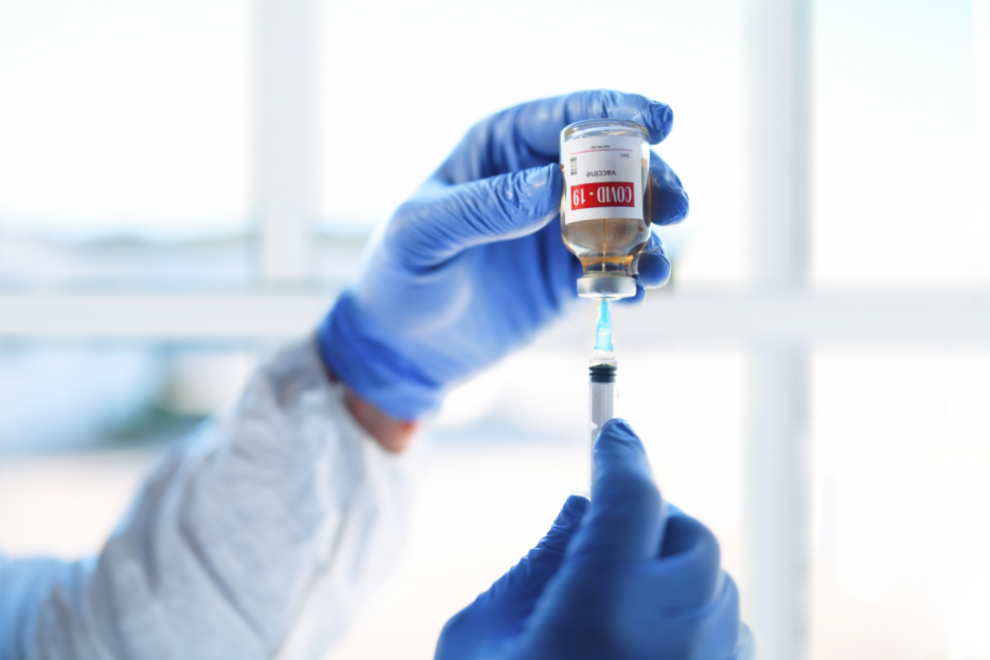COVID-19 Vaccination Linked to Reduced Risk of Severe Kidney Damage, Study Finds
Complications from COVID-19 can affect multiple organs, including the heart, lungs, brain, and kidneys. A new study suggests that COVID-19 vaccination may lower the risk of severe kidney damage in hospitalized patients.
Researchers from UCLA Health analyzed electronic medical records from a large academic hospital, reviewing data from approximately 3,500 hospitalized patients aged 18 and older between March 1, 2020, and March 30, 2022. The study compared outcomes between vaccinated patients—those who had received at least two primary doses of the Moderna or Pfizer mRNA vaccines or one dose of the Johnson & Johnson vaccine—and unvaccinated individuals.
The focus of the study was on the development of severe kidney complications requiring continuous renal replacement therapy (CRRT), a form of dialysis used primarily in intensive care units to filter waste from the blood when kidney function is critically impaired. According to lead author Dr. Niloofar Nobakht, a clinical associate professor of medicine in nephrology at UCLA Health, CRRT is a vital treatment for patients with life-threatening kidney failure.
Findings revealed that 16% of unvaccinated patients required CRRT during hospitalization, compared to 11% of vaccinated patients. Moreover, unvaccinated individuals were more than 2.5 times more likely to need CRRT after hospital discharge and faced a significantly higher risk of post-discharge mortality than those who were vaccinated.
These findings align with earlier research. A 2021 study by Yale School of Medicine reported that about 30% of hospitalized COVID-19 patients developed acute kidney injury—a sudden but often reversible decline in kidney function. COVID-19 patients were also found to be twice as likely to need dialysis compared to patients hospitalized for other conditions.
However, the new study does have a notable limitation. The researchers lacked complete data on patients’ kidney function prior to infection. As a result, it remains unclear how much of the kidney damage was due to COVID-19 versus pre-existing conditions. Dr. Scott Roberts, associate medical director of infection prevention at Yale School of Medicine (who was not involved in the study), noted that this limitation means the protective effect of vaccination may be either overstated or understated.
How COVID-19 Affects the Kidneys
COVID-19 can harm the kidneys either directly or indirectly through damage to other organs, such as the heart and lungs, according to Dr. Scott Roberts. The severity of the illness plays a significant role—the more serious the symptoms, the higher the risk of kidney injury.
“Mild or asymptomatic COVID-19 infections rarely result in significant kidney damage,” noted Yong Chen, professor of biostatistics and director of the Center for Health AI and Synthesis of Evidence at the University of Pennsylvania. Chen, who was not involved in the recent study, conducts research on COVID-related complications, including kidney issues in children and adolescents.
Experts emphasize that the likelihood of post-COVID kidney complications is particularly elevated among older adults and individuals with weakened immune systems. However, they point out that the severity of the initial infection is likely the main factor, rather than the virus alone.
“Comparing COVID-19 patients to those hospitalized with the flu shows that both groups have an increased risk of kidney injury, and that risk seems to correlate with how severely ill the patients were during hospitalization,” explained Dr. F. Perry Wilson, associate professor of medicine and public health at Yale School of Medicine, who has studied kidney damage in COVID patients. “Among those with COVID, vaccinated individuals tend to experience milder illness, which likely contributes to a reduced risk of kidney complications.”
























